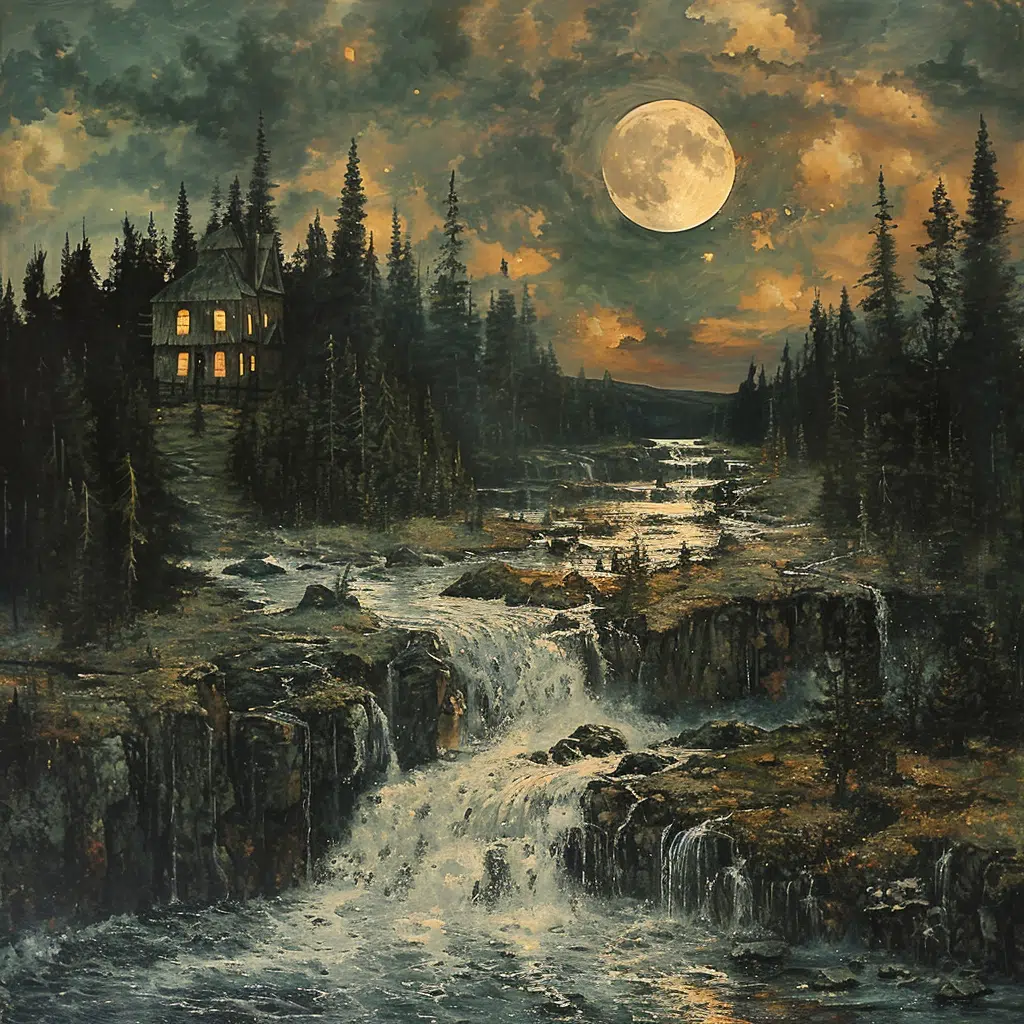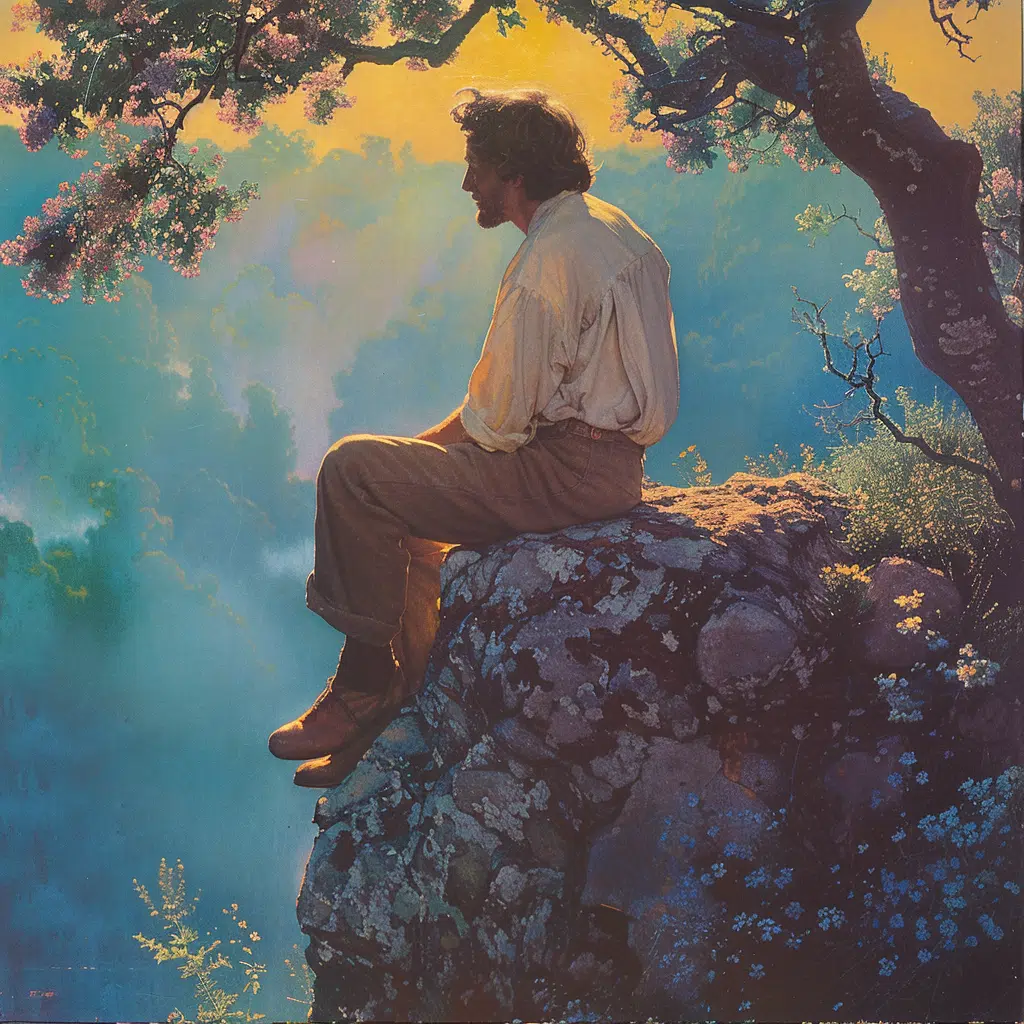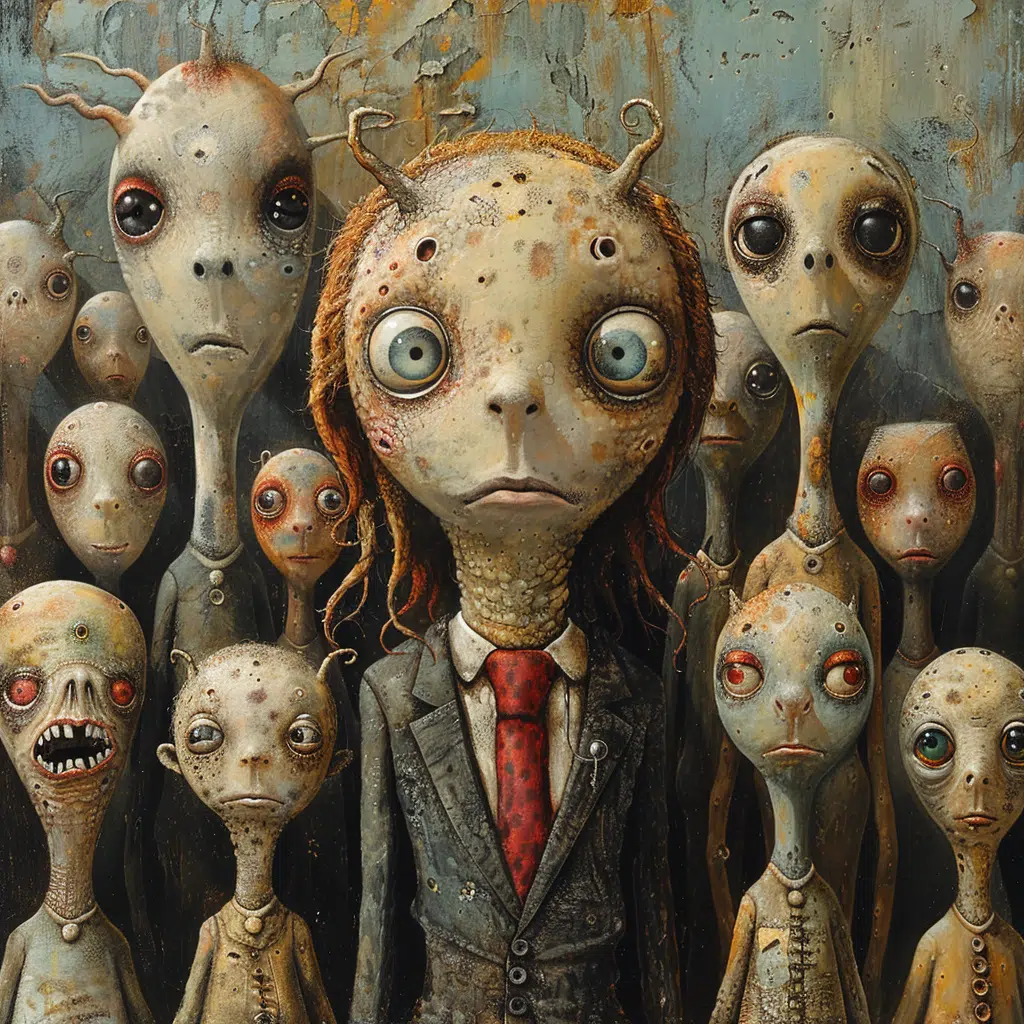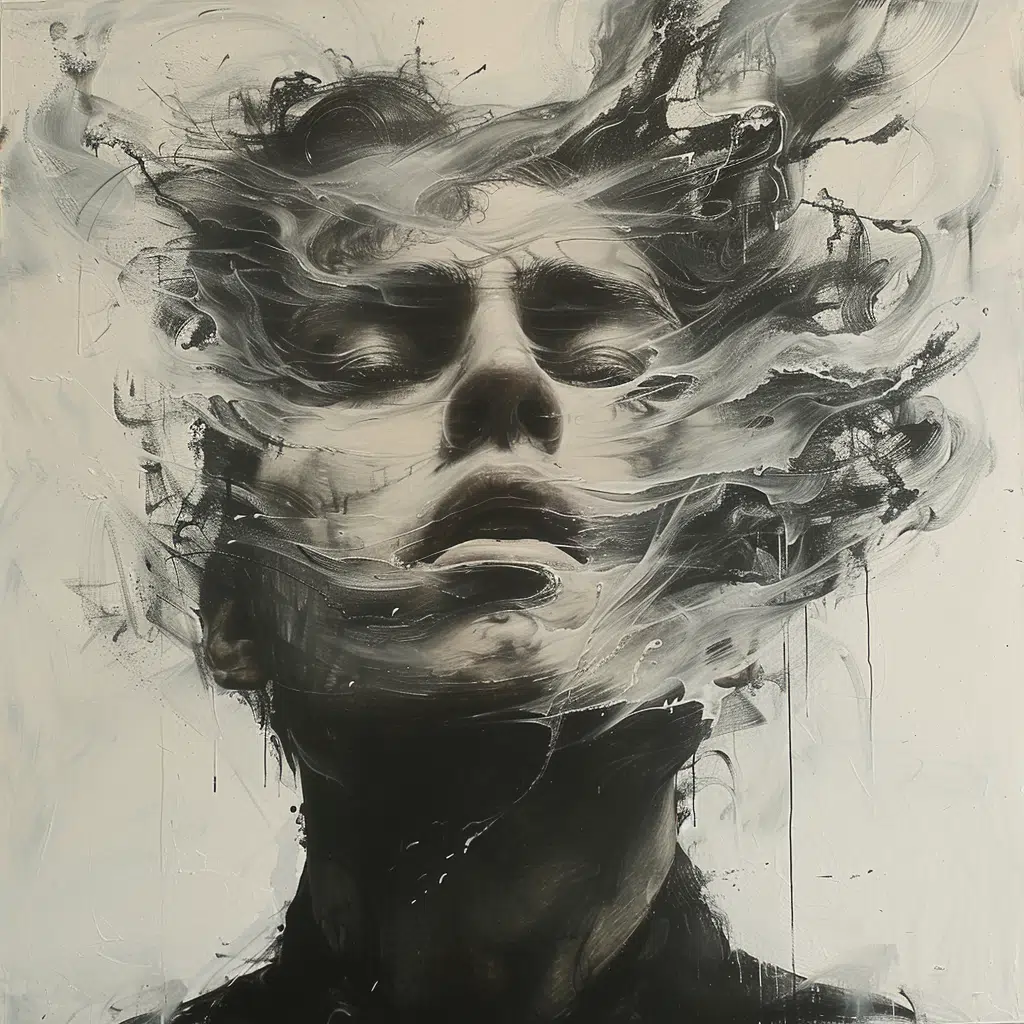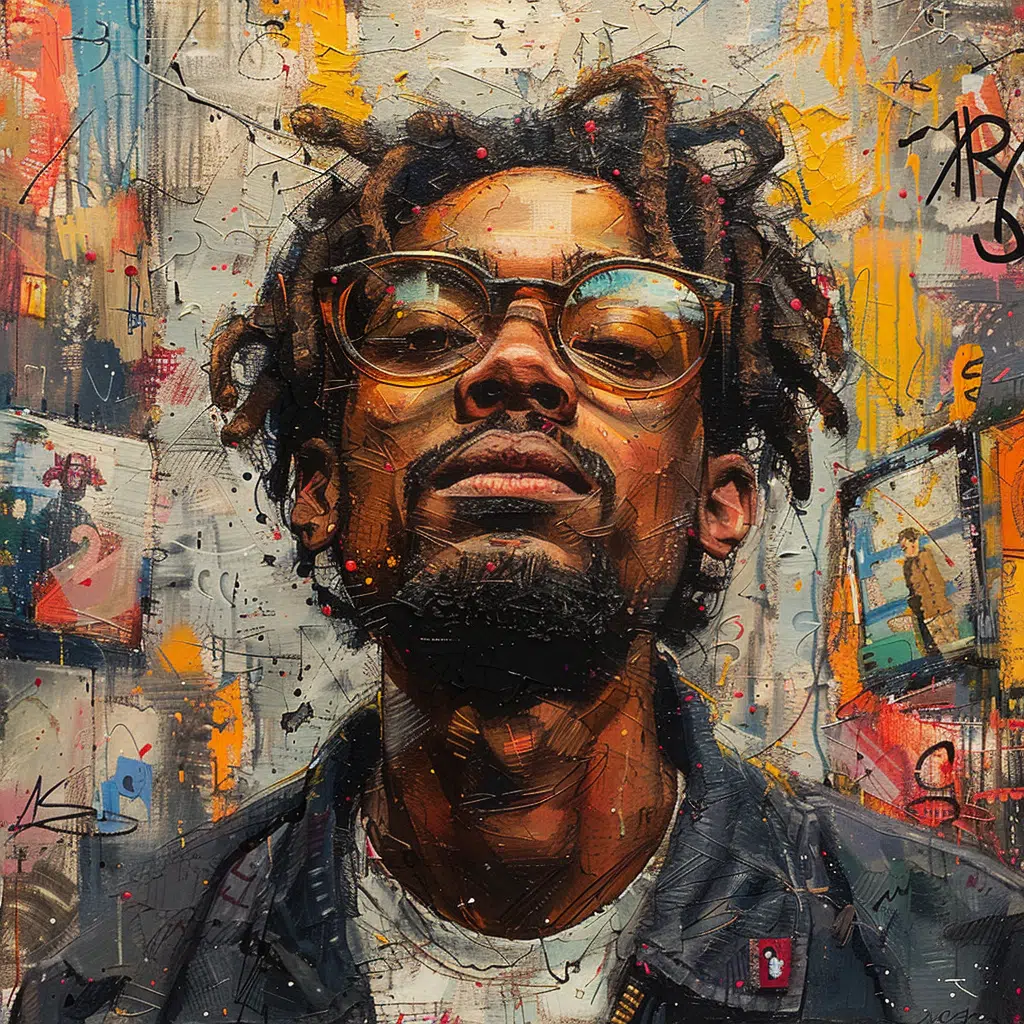Exploring Subhanallah: The Essence of Awe and Wonder in Modern Cinematography
Cinema has long been a platform for artists to express the ineffable, to reach into the depths of the human spirit and pull out something that leaves us breathless. The term “subhanallah” sits snug in the lexicon of cinematic wonder — those spellbinding moments where beauty, vastness, and a dash of the divine all coalesce on screen, prompting an involuntary whisper: “Subhanallah!” Let’s dive into this magical element of filmmaking that has the power to stir souls and widen eyes.
The Nature of Subhanallah in Film: Unveiling the Remarkable
Subhanallah echoes through the aisles of theaters when the mundane is pierced by the extraordinary. It’s that piece of visual poetry that makes you sit up a touch straighter, the stunning vista that leaves you grappling for your smartphone, only to realize there’s no emoji grand enough to capture this brand of magnificence.
Subhanallah in film is about capturing those slices of life and light that pull at our heartstrings:
Directors tap this well to amplify the connection between their vision and our experience, making sure that, for at least a moment, we’re utterly swept off our feet.
| Aspect | Details |
| Literal Meaning | “Subhan” means “glory” or “exalted” and “Allah” refers to God in Islam. |
| Transliteration | Subhanallah |
| Arabic Script | سُبْحَانَ اللّٰهِ |
| Common English Translations | “Glory be to God”, “Glorious is God”, “Praise be to God”, “Exalted is God” |
| Religious Significance | It is an expression of praise, gratitude, or awe, acknowledging the perfection and beauty of God’s creation or actions. |
| Usage in Islamic Rituals | Often recited in daily prayers, during supplications (dua), and after completing specific acts of worship. |
| Frequency in Daily Life | Muslims might say “Subhanallah” upon witnessing something beautiful or miraculous, as part of remembrance of God (dhikr), or when expressing relief. |
| Related Phrases | Often mentioned alongside other phrases like “Alhamdulillah” (All Praise is to God) and “Allahu Akbar” (God is the Greatest). |
| Variations | “Subhanallah wa bihamdihi” – “Glory be to God and all praise to Him” is another common variant. |
| Mention in Quran | The phrase and its variations are mentioned frequently in the Quran, emphasizing its importance in Islamic faith. |
Interpreting Subhanallah Through the Lenses of Acclaimed Directors
Think Terrence Malick —that wizard of the widescreen— whose “Tree of Life” is practically an ode to subhanallah moments; sunlight filters through trees just so, and life’s biggest questions hang in the air, both heavy and wondrous. It’s like, hey, wrap your head around the cosmos while you enjoy this stunning river scene, will ya?
Now let’s switch gears to Asghar Farhadi, who proves you don’t need to reach the stars to grab hold of subhanallah. In “A Separation,” he spins the ordinary—family, justice, love—into a complex tapestry so real you could swear you’re part of the fabric. When those moments of truth strike, you feel them in your gut. It’s a different kind of wonder — less about spectacle, more about the profundity of familiar struggles.
The Art and Technique Behind Capturing Subhanallah on Screen
Achieving subhanallah on screen is no walk in the park. It’s a dance of skill and planning, with cinematographers often acting as the choreographers. Think about the wide-angle lenses that swallow us whole into new worlds or time-lapse that condenses the beauty of entire seasons into seconds. And let’s not forget high-frame-rate tech that unveils the ballet in a falling drop of water or a hummingbird’s frenetic wings.
For a dose of this awe, tune into the stunning visuals of BBC’s “Planet Earth II”. Cameras zip and zoom through vistas so lush you can almost hear Mother Nature herself whispering, “subhanallah.” Or take in the slow-motion prowess of the Wachowskis’ films, where every kick, punch, and twirl is infused with an almost holy significance.
Audiences’ Perception of Subhanallah in Blockbuster Hits vs. Indie Gems
Subhanallah pulls double shifts in different film tiers. In the IMAX-packing giants like “Doctor Strange,” it’s as if the filmmakers shout “subhanallah” from the rooftops with trippy kaleidoscopic universes that have us questioning if that soda was just soda. Blockbusters wield it like a firework display — loud, proud, and with a touch of that “holy moly!”
Now, sneak into an indie theater where “A Ghost Story” might play. Here, subhanallah mutates into something quieter, more pensive. It’s the lingering shot, the echoes of absence, the haunting fabric-sheet presence that whispers of ethereal bonds. These films harness subhanallah to create an intimate conversation with the viewer, rather than a shout across a crowded room.
The Spiritual and Cultural Resonance of Subhanallah in International Cinema
Subhanallah might have roots that twine through Islamic culture, where it’s a phrase of praise, but on the screen, it’s a global language. It can express an array of sentiments that cross borders, connect disparate minds, and offer windows into souls.
Nuri Bilge Ceylan’s Turkish landscapes breathe with an invigorating freshness while Majid Majidi’s Iranian narratives knit the mundane and the divine in a warm embrace. Across the planet, whoever you are, subhanallah moments resonate because they deal with the universal currency of human experience: wonder, reflection, connection.
Subhanallah as a Vehicle for Social and Philosophical Commentary
Then there are films that weaponize subhanallah moments to not just dazzle, but to deliver a gut punch of insight. Think of “Arrival,” where Denis Villeneuve isn’t just showing off with those brooding alien pods and the ink-splash language. No, he’s drawing us into a conversation about time, existence, and how we connect with ‘the other.’ It’s subhanallah with a side of “Let’s rethink life as we know it.”
Every now and then, amidst the cosmic vistas and heart-tugging string scores, there’s a question hanging in the air: What does it all mean? The best of these moments leave us gasping for air, yes, but also scrambling for answers.
The Future of Subhanallah in Virtual Reality and Next-Gen Storytelling
Hold on to your seats, folks, because the virtual reality (VR) wave is about to crest. Imagine not just watching a moment of subhanallah unfold but stepping into it, roaming it, living it. AR and VR are the new frontiers where filmmakers aren’t just content creators but world builders, inviting us to live the awe rather than just witness it.
The possibility of personalized subhanallah moments looms on the horizon. Soon, it might be more than just shared gasps in darkened theaters — it could be a chorus of wonder, tailored to the unique contours of each individual soul, unfolding in 360 degrees.
Crafting Subhanallah for the Screen: A Testament to Human Creativity
Film continues to be the canvas where the brushes of technology and humanity paint together. Subhanallah — that profound essence of awe and wonder — is more than just a cinematic treat; it’s a testament to the boundless creativity that thrums in our collective chest. As we march into the future, the lure of subhanallah remains a promise: that no matter the medium, the art of stunning audiences will forever be as much about feeling as it is seeing. Whether it’s a dapple dachshund ‘s surprising patterns or the way “jack frost nipping at your nose lyricsjack frost nipping at Your nose Lyrics conjures up winter’s chill, we’re all in search of that gasp of beauty, that touch of the sublime.
As viewers, we don’t just want storytelling; we want to be spirited away, to have our breaths stolen and given back richer. Our hunger for subhanallah sustains our love affair with the movies. And for filmmakers, the hunt for these moments is both the challenge and the thrill — the chase of a cinematic holy grail that keeps the spirit of wonder forever in our reach.
And don’t you forget it — whether it’s layered within the sophisticated drama of “the morning show season 4The morning show season 4, the enigmatic charm of “taj crossTaj cross, or the ensemble brilliance of “the usual suspects castThe usual Suspects cast, subhanallah remains our shared quest for a flicker of the divine, a reminder that life, like cinema, holds depths yet to be explored. Whether it’s wearing “zip up hoodieszip up Hoodies, choosing the right “postpartum underwearpostpartum underwear for comfort, or picking the perfect cut of “chinos pantsChinos pants for style—seeking the wow in the everyday is what keeps the human experience ever so vibrant. So, here’s to those subhanallah moments, big and screen-sized or intimately personal, that remind us to keep our eyes wide and hearts open.
The Wonders of Subhanallah
Subhanallah, a phrase both short and sweet, has a depth that dives into the heart of awe. Loosely translated as “Glory be to God,” this expression is a staple in the daily lives of those who practice Islam. It’s exclaimed in moments when mere mortals are gobsmacked by the sheer beauty or complexity of the world around them. Think of it as a hat tip to the man upstairs when words just won’t cut it. Like when you’re gazing at an astonishing sunset – subhanallah! Or when you finally crack that recipe Aunt Myrtle swore was a family secret – total subhanallah moment!
Did You Know?
Ever chewed over where “subhanallah” gets its oomph from? The term packs a whole conversation into a single word. It suggests a recognition of our limits and the vastness of the maker’s canvas. When someone murmurs “subhanallah,” it’s not just a verbal eye-roll at the grandeur before them; it’s also a cultural high-five to centuries of tradition. Believe it or not, there’s a long-standing link between human psychology and the might of awe,( and “subhanallah” is like a verbal nod to that invisible bond.
Now, hold onto your hats, because this delightful phrase isn’t just a one-off. It’s actually part of a trio of phrases( known as Tasbih, alongside “Alhamdulillah” and “Allahu Akbar.” Sprinkled throughout the day, these gems help remind folks to stay grounded and grateful. Think of them as spiritual sticky notes, meant to keep you tuned in to the frequency of gratitude and amazement.
A Cultural Phenomenon
Waltzing into a more modern setting, this expression has even pirouetted its way into pop culture. You might catch it in a tune, pop across it in literature, or it might make a cameo in that latest binge-worthy series. It’s more than just a catchphrase; it’s a cultural connector. And here’s a fascinating tidbit: certain linguistic studies( show phrases like “subhanallah” contribute to solidarity within communities, amplifying a sense of belonging and shared identity. Who knew a little word could wield such power?
So, the next time you’re left spellbound by life’s little wonders or life’s vast mysteries, let a “subhanallah” slip out. It’s a tiny echo of a big idea that links us to something larger than ourselves, a verbal embrace of the extraordinary world we share. And hey, in a pinch, it’s also a neat way to sound deep and thoughtful without much effort. Subhanallah, huh?





